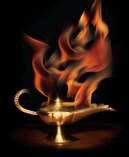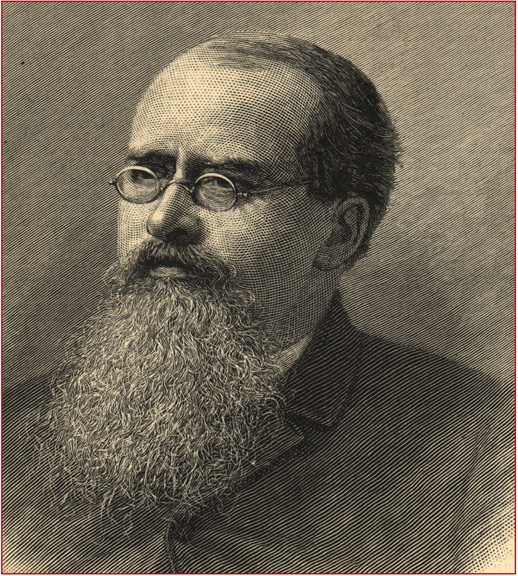 As Jim Crow laws proliferated at the end of the 19th Century, Haygood understood the difficulties that lay ahead and viewed the future through a clear lens, making a prophetic prediction just months before he passed:
As Jim Crow laws proliferated at the end of the 19th Century, Haygood understood the difficulties that lay ahead and viewed the future through a clear lens, making a prophetic prediction just months before he passed:
“Our great-grandchildren [comparing 1865 and 1965] will rejoice, and glorify the Lord God and Father of us all. They will also help to build monuments to the heroic men and women whom their grandparents ostracized. Among and by those monuments half a dozen of our people and time will be remembered.” — Atticus Haygood, The Methodist Review, September-October 1895
In commenting on this statement by Haygood in A Rage for Order, Professor Joel Williams wrote:
“Haygood certainly had good cause to keep count; said that there were half a dozen heroes in race relations in 1895. He wished there were more; and we could very well wish that he had named those because it is now difficult to identify even six spirits of Haygood’s caliber among his contemporaries. Ultimately it can only be said that that the liberals of Haygood’s time were a small and embattled band, a corporal’s guard arrayed against a hostile frontier.” – Joel Williams in A Rage for Order: Black-White Relations in the American South since Emancipation, Oxford University Press, New York, 1986, page 78
The Founding Father of Southern White Dissent
In his 1994 book, Inside Agitators: White Southerners in the Civil Rights Movement, Professor David L. Chappell ascribes the title, “The Founding Father of Southern White Dissent” to Atticus Greene Haygood.[i] He is primarily recognized for his work to pressure the white South to remove roadblocks to education for the recently emancipated—to treat their brothers in black with the love and charity. Haygood fundamentally transformed Southern culture, starting from the premise that:
Since six million Negroes” were in the south “to stay,” and that since slavery had left the freedmen as unprepared for citizenship as a burned house would be for giving shelter, all Americans needed to be concerned about the education and financial support required to help the “Negro be a neighbor. “
Rev. Horace Burmstead, writing in the 1889 Andover Review listed Haygood’s work in transforming Southern culture to include:[ii]
The education of the recently emancipated, reform and expansion of the public school system, industrial training, the improvement of the college curriculum, the rescue of fallen women, prison reform, temperance, better farming, and a better labor system, and pleas for individual citizens to assume responsibility for the acts of persons that they elect to office.
[i] David L. Chappell, Inside Agitators: White Southerners in the Civil Rights Movement, The John Hopkins University Press, Baltimore, 1994, page 4
[ii] The Andover Review, Edited by Professors in Andover Theological Seminary, Review by Horace Burmstead of Atlanta University, Houghton. Mifflin and Company, The Riverside Press, Cambridge, 1889, page 656



 standing room only, overflowing into the Church Yard of Bethel Church—an Atlanta house of worship. It was organized by Bishop Henry McNeal Turner, Bethel’s pastor. Haygood had partnered with Turner to fight Jim Crow laws. There were quite a large number of white friends – including Atlanta
standing room only, overflowing into the Church Yard of Bethel Church—an Atlanta house of worship. It was organized by Bishop Henry McNeal Turner, Bethel’s pastor. Haygood had partnered with Turner to fight Jim Crow laws. There were quite a large number of white friends – including Atlanta  Bishop Holsey, the best known Bishop of the Colored Methodist Episcopal Church, along
Bishop Holsey, the best known Bishop of the Colored Methodist Episcopal Church, along with Haygood, was a founder of Paine Institute. On the occasion of the erection of Haygood Hall in 1898, Holsey, a man who grew up a slave delivered these remarks about Haygood, the son of a slave owner:
with Haygood, was a founder of Paine Institute. On the occasion of the erection of Haygood Hall in 1898, Holsey, a man who grew up a slave delivered these remarks about Haygood, the son of a slave owner: 










